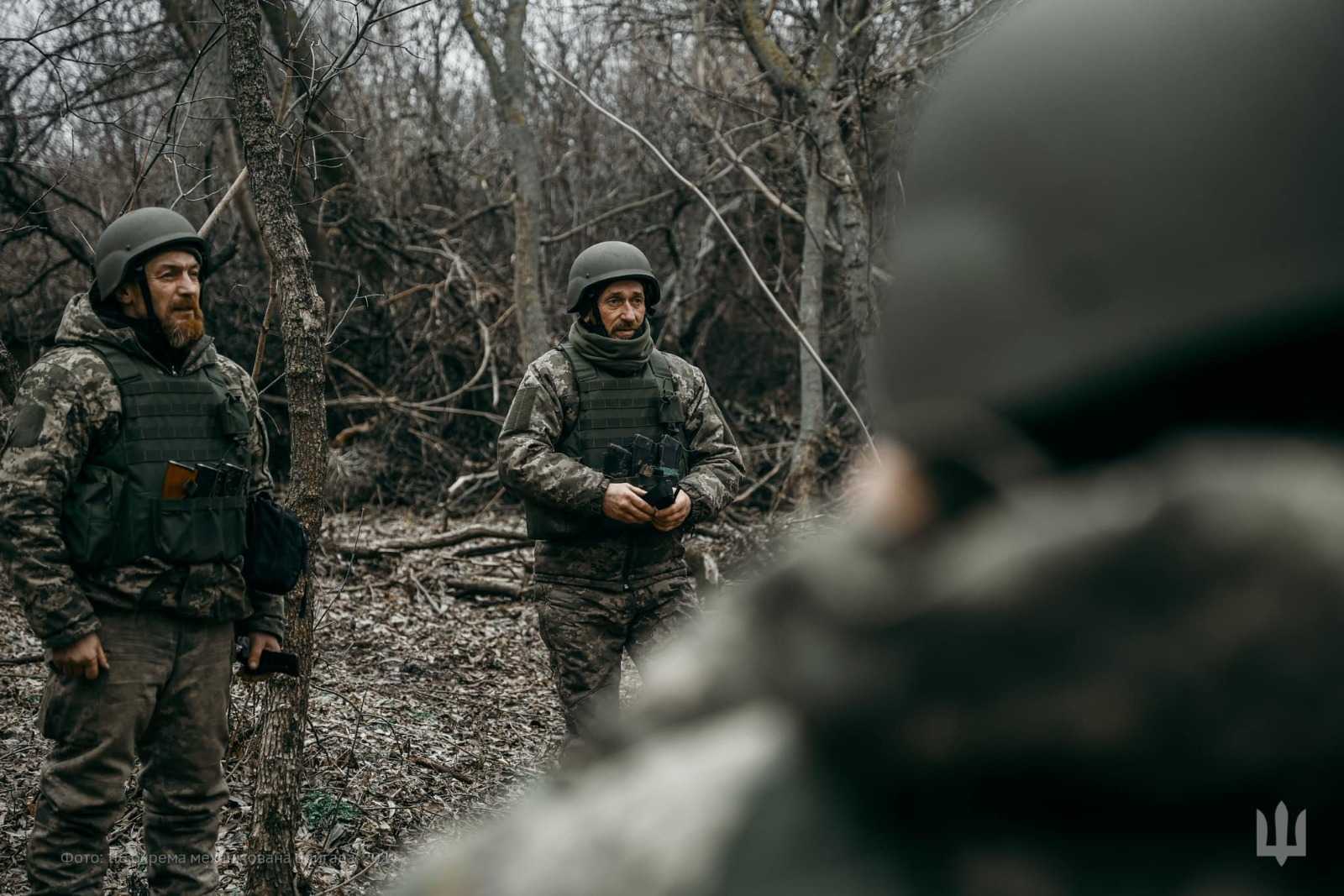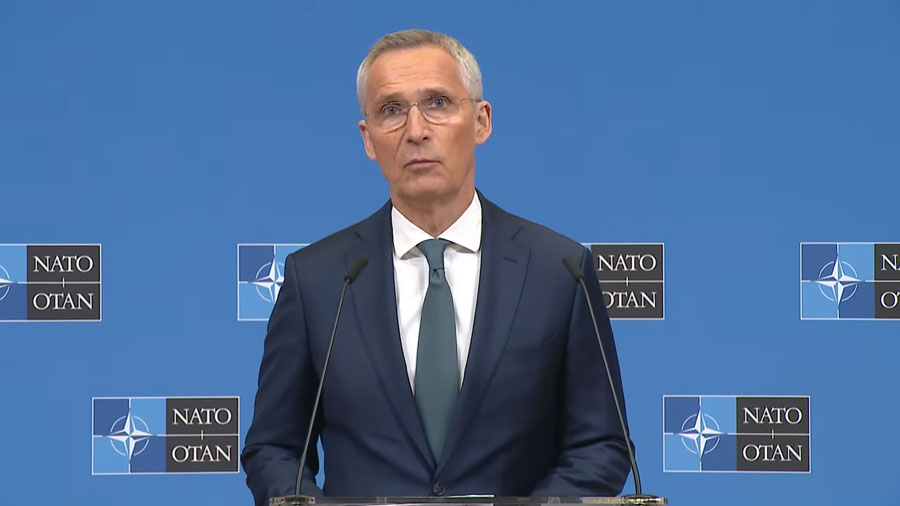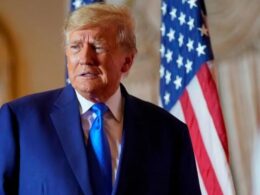US President Donald Trump’s promise to mediate a peace agreement between Ukraine and Russia could provide the Kremlin with an opportunity to rebuild its military power and collaborate with the "new axis of aggressors," warned Lieutenant General Mike Elviss, a senior British Army official, as reported by The Times.
Following Trump’s election victory, discussions have emerged about potential peace talks between Ukraine and Russia, as he has expressed a desire to end the war swiftly, saying he could do it even before taking office. However, that did not happen. It still remains uncertain how Trump will persuade Moscow to engage in negotiations. Reports suggest that he might consider a peace deal that compromises Ukraine’s territorial integrity and cease the US aid for the country.
He cautioned that once the war in Ukraine concludes, a global race to rebuild armored forces will ensue, as nations prepare for future wars.
“What is certain is that once the guns fall silent in Ukraine, there will be a Russian resurgence, reconstitution, and more collusion with a new axis of aggressors,” said Elviss.
China, Iran, and North Korea are viewed as part of the "axis of aggressors" working with the Kremlin to destabilize Western nations.
“Senior military officers in the Ministry of Defence believe that once Trump secures a peace deal there will be a race between Russia and the West to prepare their armies for the next conflict,” said the report.
According to Lieutenant General Sir Ralph Wooddisse, commander of NATO's Allied Rapid Reaction Corps, there is a belief that Russia will be "a whole lot better next time around" as its military continues to adapt and evolve in combat.
Lieutenant General Sir Ralph Wooddisse believes that Russia will fight with the same level of proficiency it demonstrated in 2022, when it launched its all-out war but failed to capture Ukraine.
Major General Matthew Van Wagenen, the US deputy chief of staff for operations and intelligence at NATO's European headquarters, stated that, in his view, Russia is already rapidly rebuilding its forces and will return to its 2022 level of military capability "faster than we think."
He also warned of a significant"shortage of armored vehicles within NATO, driven by aid to Ukraine and reduced investment over the past 35 years. For instance, the British Army is reportedly short by hundreds of vehicles, including both armored and so-called "support" vehicles.
Read also:
- Europe must strengthen defense policy, Zelenskyy urges at Davos forum
- EU’s Kallas warns against rushing Ukraine-Russia negotiations amid Trump’s push for talks
- No current prospects for peace talks between Ukraine and Russia, says Zelenskyy’s adviser
- Ukrainian FM Sybiha says maximum pressure must precede peace talks with Russia
- Blinken: Trump administration could help Ukraine “negotiate good deal”





